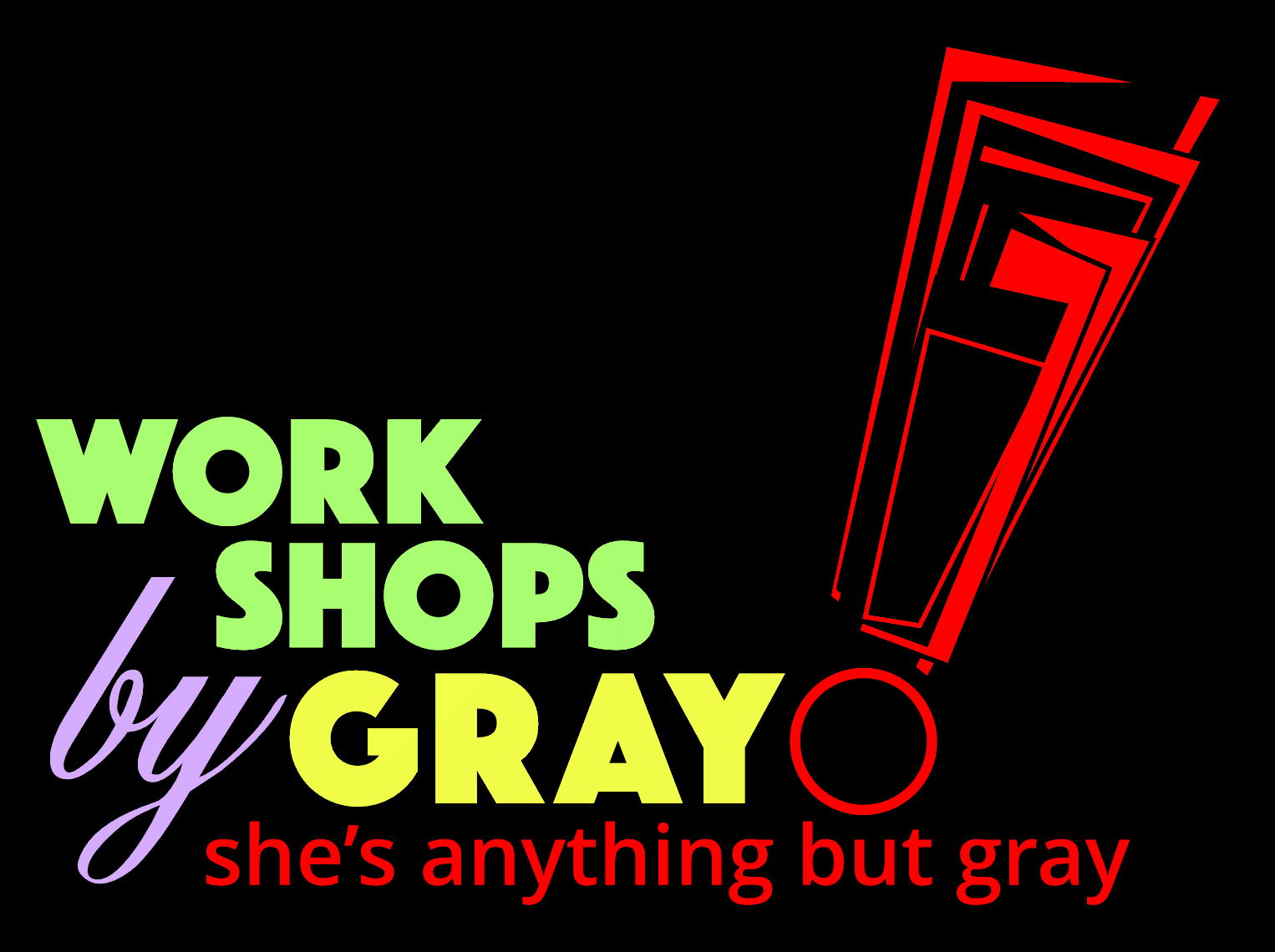


Workshop Description
Triple your productivity. Write winning grants and publish in better journals. Write prose that is clearer, better organized, and more compelling.
Many grant, book, and journal writers are educated at the School of Hard Knocks, but it’s not the only school, or even the best. Even when you can't work harder, there are important ways to work smarter. Much is known about how to become a better academic writer–and anybody can.
Workshop participants who followed these steps were studied and 95% of almost 100 participants reported that their writing improved. The average participant also increased the number of grant proposals and manuscripts submitted from a rate of two per year to nearly six.* You can too. Ten elegantly simple steps will show you how.
*Gray, T., Madson, L., & Jackson, M. (2018). Publish & Flourish: Helping scholars become better, more prolific writers. To improve the academy: A journal of educational development, 37, 243-256.
https://doi.org/10.1002/tia2.20081